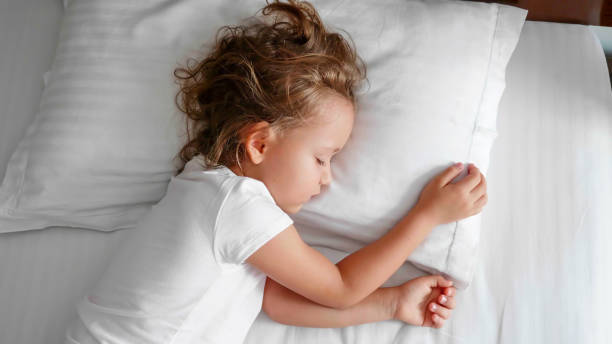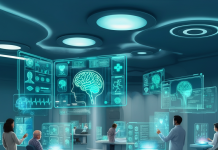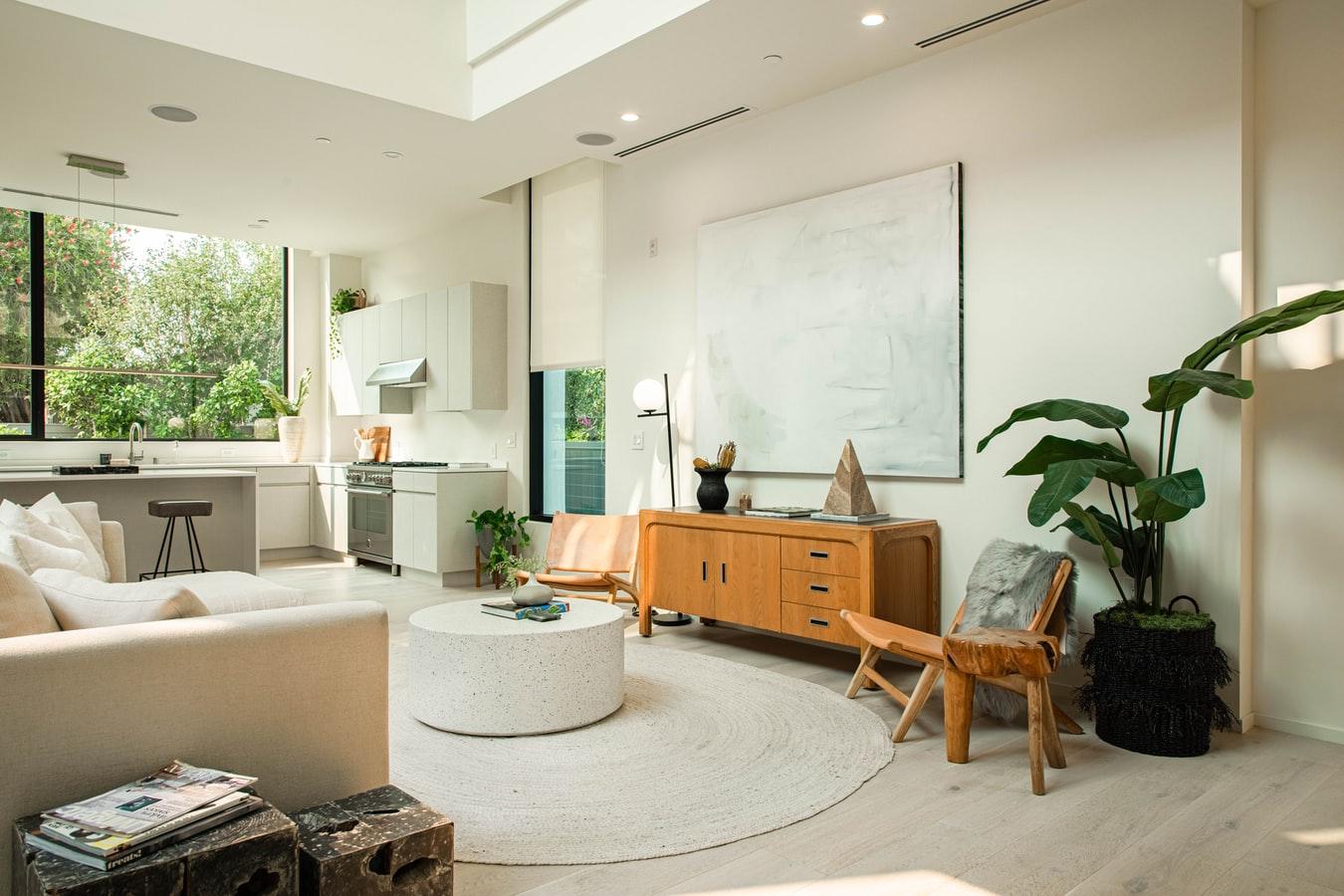Kids who have ADHD have trouble focusing on tasks as they are often hyperactive and may have difficulty falling asleep.
A lack of quality sleep can cause many mental and physical health problems for children and adults alike. Even worse, some of these children also suffer from other sleep-related disorders or conditions, such as sleep apnea or nocturia.
Sleep apnea can cause snoring and makes it difficult for a person to sleep deeply. Nocturia causes insomnia, as the affected person needs to get up multiple times during the night to urinate.
Here, we will discuss CPAP machines and how you can help your children sleep better if they have ADHD.
Signs of Sleep Problems
Some children may suffer from anxiety, obsessive-compulsive disorder, or clinical depression. Mental health issues may lead to insomnia.
Others may have trouble getting up in the morning to start their day right. They may have chronic fatigue syndrome, which can affect their ability to get a quality education.
Some children with ADHD may also wake up screaming in the middle of the night or early in the day. They may seem nervous or agitated in their mannerisms.
Another common sign of a sleep disorder is waking up coughing. Some children may also make strange gurgling or other such bizarre sounds or noises while they sleep.
Falling asleep during a lecture in class is also a telltale sign that something is amiss. If your child is currently displaying any of the symptoms above, please consult with a medical professional.
Tips to Improve Sleep Quality for Kids with ADHD
Nighttime issues may spill over into their day-to-day lives. Children who do not sleep properly will likely have trouble getting up in the morning. They may also have trouble staying alert while they are in class or while they are playing.
The result is the children will become careless, lazy, and may appear dazed and confused. Some may also become agitated and may lash out at their teachers, peers, or their parents.
Below are some helpful tips that may help your child sleep through the night.
-
Create a bedtime routine
First, try and create a bedtime routine. Speak to your child about the proposed bedtime routine well in advance. Children who suffer from neurological disorders, such as ADHD, need structure in their lives more than normal children.
The hour before they go to bed must also be tranquil and peaceful for their bodies to produce sufficient melatonin. Melatonin serves as the body’s natural sleep hormone, so they will need to create adequate amounts to help them fall asleep.
-
Remove stimulating devices
You should also remove sources of stimulation. Turn off the tv, computer, and video game console before getting your child ready for bed. The hour before they fall asleep should be as calm and peaceful as possible.
Try and keep the entire home silent a few hours before bedtime. If your child is bored, you can suggest a relaxing activity, such as reading a book or listening to meditative music.
-
Use white noise and blackout curtains
Another suggestion is to use white noise and blackout curtains. White noise serves as a uniform and soft sound that is non-provocative and calm. Soothing background sounds may also help your child fall asleep.
Natural sounds or white noise should block out the obtrusive sounds from the outside or other rooms in the house. Light in the bedroom can also be reduced or eliminated by using blackout curtains.
Melatonin production can be impeded when there is excessive light in a room, so your child should avoid all screens an hour before bedtime.
-
Try aromatherapy
You can use aromatherapy during your child’s bathtime to help them fall asleep. Some calming scents that you can use include chamomile, jasmine, or lavender, or let your child choose a scent that they enjoy. Then, dip a small piece of cotton into the selected oil and place the cotton ball on your child’s pillow.
-
Using a CPAP mask
As mentioned, some children may suffer from both ADHD and sleep apnea. If your child suffers from both, then a CPAP machine may be able to treat both disorders simultaneously.
CPAP machines deliver compressed air through the mask to help treat irritation and sleeplessness. CPAP machines are designed to keep the air passage in the throat open so that the patient can breathe and sleep better.
Also, while CPAP machines effectively treat sleep disorders, some children may find them intimidating. A mouthpiece may be a better option for a nervous or fussy child, as they will be more likely to use it every night.
Improving Sleep for Children with ADHD
A child needs adequate sleep to grow and develop as intended. However, a lack of sleep will only exacerbate the problems that a child with ADHD has.
Still, most experts agree that dealing with a sleep disorder is well worth the effort in the long run. Adequate sleep is essential for mental and physical well-being, and sleep disorders rarely go away independently.
Please speak to your doctor to determine the best course of action for your child, as every child is different. Some children may feel that they are missing out on the fun that their peers are having by going to bed early.
They may become angry with you and defy your orders during the first few tumultuous days or weeks. We hope the tips that we have provided will help you transition to a new daily bedtime routine more comfortable.
If all goes well, your child will be a well adjusted, happy, and healthy child who will excel in their studies and social life.
To learn more about CPAP machines and whether one could help your child with ADHD, contact your local CPAP supply company.














